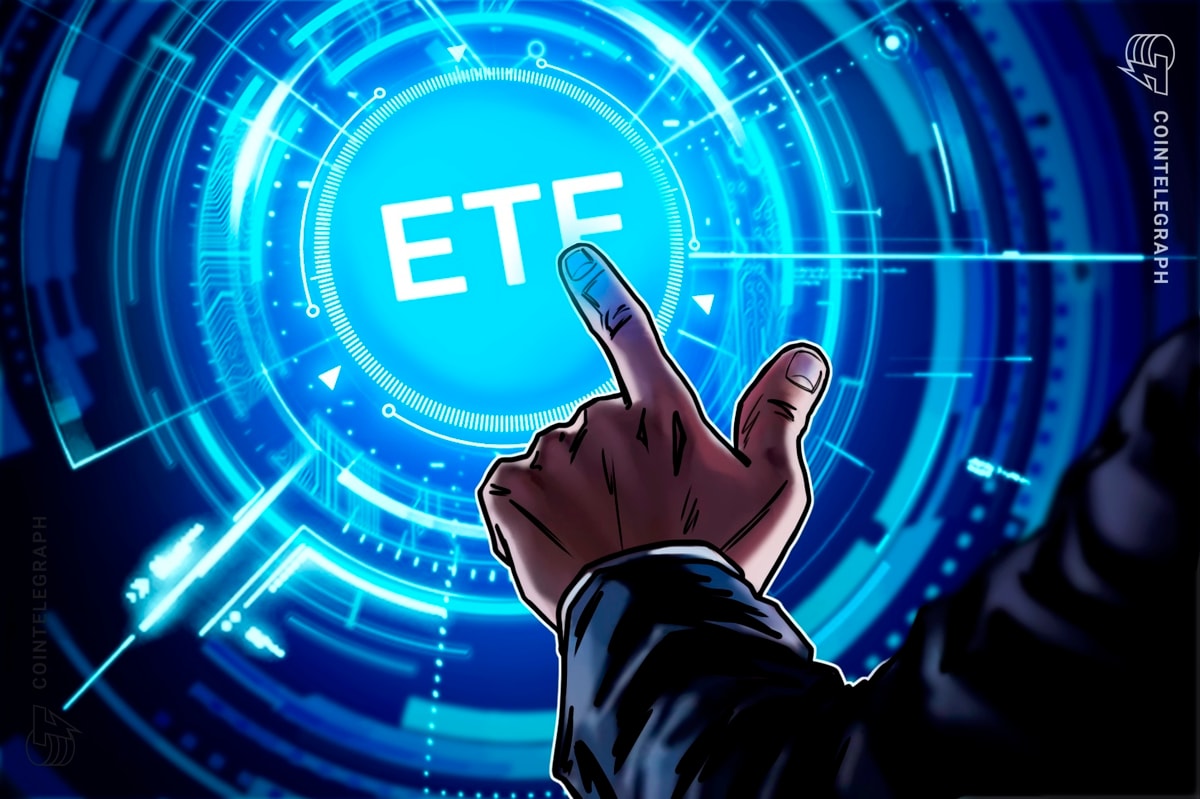The United States Justice Department and the Securities and Exchange Commission told the Supreme Court that an Nvidia investor class-action lawsuit alleging the tech company misrepresented its sales to crypto miners should be greenlit.
Nvidia and the investor group have been in a legal battle since 2018, which has now reached the top US court.
In an Oct. 2 amicus brief, US Solicitor General Elizabeth Prelogar and SEC senior lawyer Theodore Weiman argued that the suit had “sufficient details” to survive a district court dismissal, adding that the Supreme Court should greenlight its revival by an appeals court.
The two agencies said they have a “strong interest” in the case because it concerns laws designed to limit frivolous securities-related lawsuits.
“Meritorious private actions are an essential supplement to criminal prosecutions and civil enforcement actions” by the DOJ and SEC, the brief added.
Highlighted excerpt of the DOJ and SEC brief outlining their interest in backing the Nvidia investors. Source: The Supreme Court of the United States
The investor group tried to sue Nvidia in 2018, alleging it hid over $1 billion in GPU sales made to crypto miners. It claimed the chipmaker’s CEO, Jensen Huang, downplayed Nvidia’s sales to the industry.
The group alleged Nvidia’s sales were propped up by miners, which they argue was apparent when the firm’s sales collapsed alongside the crypto market in 2018.
The case was dismissed, but the group appealed the decision, which led to the Ninth Circuit appeals court reviving it last August. Nvidia then petitioned the Supreme Court to reverse it.
Nvidia claimed the suit relied on an expert opinion that fabricated information about its business and income, but the DOJ and SEC have rebutted, saying it “is not what occurred here.”
The agencies also acknowledged the investors’ rebuttal of Nvidia’s claims, which was said to have evidence relating to accounts from ex-Nvidia executives and a Bank of Canada report claiming the firm understated its crypto revenue by $1.35 billion.
Nvidia declined to comment on the DOJ and SEC brief.
Related: Coinbase pushes CFTC for docs to defend against SEC
In a separate amicus brief filed the same day, 12 former SEC officials backed the investors, saying “private enforcement of the federal securities laws is vital to the integrity of US capital markets.”
They attacked Nvidia’s arguments, which they claimed would create rules “requiring plaintiffs to possess internal company documents and databases before discovery and to preclude the use of experts at the pleading stage.”
They added: “Neither is supported by the law or good policy.”
Six additional amicus briefs supporting the investor group were filed on Oct. 2. They were from quantitative experts, legal professors, institutional investors, the American Association for Justice and the Anti-Fraud Coalition.
AI Eye: AI drone ‘hellscape’ plan for Taiwan, LLMs too dumb to destroy humanity











